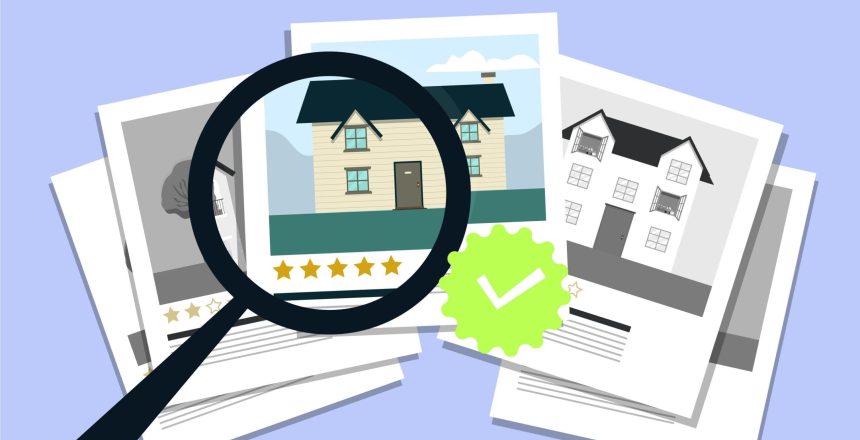Very often you’ll come across unprofessional people calling themselves professionals. Ditto when it comes to home inspectors. In fact it’s pretty difficult to filter out the qualified from the unqualified because most states do not have any regulations or licenses for home inspectors.
A friend of mine met a not so dependable home inspector who had a nice printed business card. Unfortunately, the inspector was simply out to collect fees from innocent buyers and all he was interested in was getting more business for him by networking with agents. He almost jeopardized the entire transaction.
Ways to Protect Yourself from an Unqualified Inspector:
So beware! Here are some ways to protect yourself from getting entangled with an unqualified inspector:
Insist on a Sample Inspection Report
A qualified home inspector should be in a position to provide you with a sample report copy through email. Don’t hire him if the report is 3 to 4 pages in length; this is simply not enough. Reports can be of varying lengths but they must be comprehensive. In general, reports having 20 to 50 pages with color photographs which highlight problem issues can be trustworthy.
Avoid Inspectors Who Perform Repairs or Recommend Contractors
When a home inspector directs you to other contractors for getting work done, it might result in conflicting interests. Though some inspector associations and state regulations allow inspectors to perform specific repairs, it’s a good idea to steer clear of them.
Find out the Length of the Home Inspection
It sometimes takes three or more hours to do a sound home inspection. Inspectors who do rush jobs and are not knowledgeable are quite likely to list faults which do not really exist.
If a buyer is aware of the technicalities, it’s fine; but if not, then there’s trouble. Errors from home inspectors can have buyers demanding all kinds of repairs and rectifications which put sellers in an uproar and the entire transaction can get scrapped.
Find out Re-inspection Charges
Most homes, sometimes even brand new ones, have minor problems. No house is a perfect one. If an inspector points out a defect which the seller agrees to rectify, it’s common for the inspector to confirm things are in order without billing for the second visit. In some states, inspectors do charge for return trips. So when you’re interviewing an inspector, make sure to ask him about his fee policy.
Try to Be Present at the Home Inspection
Your schedule might not allow you to attend the entire home inspection. But try to be present in the final 30 minutes. Ask the inspector to take you all around and point out the defects. Question him regarding which issues are major.
A home inspector may sometimes suggest further inspections. Try to find out if he suspects an issue. Or whether he suggests getting routine inspections for items not generally covered, for example roof and pest inspections.
Insist on Qualifications & Credentials
Make sure to hire a certified inspector from a reputed association. Take referrals from friends. Your estate agent might offer a recommendation. Make sure to double-check qualifications of the inspector because agents sometimes recommend sub-standard inspectors for fear of blowing their deals.
Errors and Omissions insurance (E&O Insurance) is supposed to cover you if the inspector errs. Keep in mind that in some cases, the liability for the inspector’s mistakes is restricted to the inspection fee.
Since the results of a house inspection can be an indicating factor on an older home’s true worth, it may be a good idea to get a valuation report. You can get a free home valuation report online from Neighborhood IQ to learn what your home is worth.

